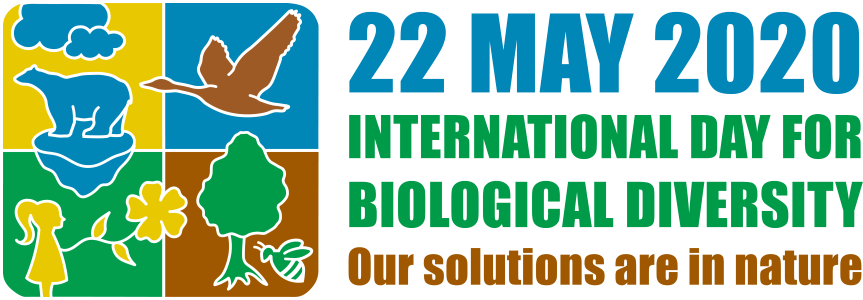
IDB 2020: People and Culture
Humans have a responsibility in the big picture, as our social roles have a profound effect on our surrounding environment. Because of our dependence on the environment and all the benefits we derive from nature, cultural diversity is closely linked to biological diversity.
Traditional knowledge systems—values and cultural practices, handed down through generations—are crucial to the protection of the world’s rapidly declining biodiversity. It is clearly evident that the traditional knowledge held by indigenous peoples is an important part of the world’s efforts to save life on earth. Indigenous peoples and local communities represent a small portion of the world’s population, but constitute much of humanity’s linguistic and cultural diversity, which is intimately linked to biodiversity.
The loss of traditional knowledge is closely related to biodiversity loss. Local communities and indigenous peoples possess sophisticated sets of knowledge, know-how, technologies, skills and practices related to local biodiversity. In response to the changing environment, such knowledge is often combined with innovation resulting from the interaction between local biodiversity, practices, customary laws, cultural and spiritual values.
For many communities, harvesting is an agricultural and cultural activity, shaped by rituals, chants, and values passed down through generations. Cultural values of biodiversity encompass aesthetic, spiritual, recreational and inspirational values. These values define peoples’ relations to biodiversity and are defined by culturally grounded and often intergenerational value and belief systems. For many indigenous peoples and local communities’ youth, traditional knowledge has been shown to have positive effects on self-esteem, and in the restoration of their identities.

More information:
Brochure: Linking Biological and Cultural Diversity - UNSECO-SCBD Programme
UNESCO-SCBD Programme on Linking Biological and Cultural Diversity
Links between biological and cultural diversity: report of the International Workshop